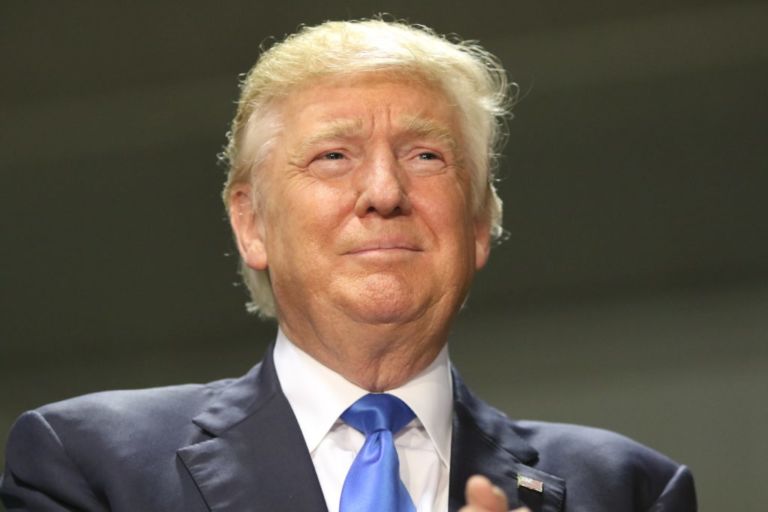Jordan Boyd writes for the Federalist about the impact of recent legal revelations.
Corporate media mocked widespread conservative outrage over online censorship as a “baseless” and misdirected ploy to gin up controversy and votes, but Missouri v. Biden proves Big Tech and the federal government colluded to suppress “millions of protected free speech postings by American citizens.”
There is hardly a lack of proof that Americans were the subject of years of government-led partisan purges on Twitter, Facebook, and other social media platforms.
Emails, documents, files, and statements show that it was often at the prompting of federal agencies such as the Department of Health and Human Services, the National Institute of Allergy and Infectious Diseases, the Centers for Disease Control and Prevention, the Census Bureau, the Department of Homeland Security, the Department of State, the FBI, and the Department of Justice, as well as the White House, that Big Tech effectively silenced the voices of countless Americans on Covid-19, elections, and criticism of the Biden regime.
In his 155-page memorandum ruling handed down on July 4, Judge Terry Doughty, chief judge of the U.S. District Court for the Western District of Louisiana, asserted that the attorneys general who brought the case will likely see victory in court with their claim that “the United States Government, through the White House and numerous federal agencies, pressured and encouraged social-media companies to suppress free speech.”
“Defendants used meetings and communications with social-media companies to pressure those companies to take down, reduce, and suppress the free speech of American citizens. They flagged posts and provided information on the type of posts they wanted suppressed. They also followed up with directives to the social-media companies to provide them with information as to action the company had taken with regard to the flagged post,” Doughty confirmed.
U.S. media should care about preserving the same constitutional amendment that protects their existence. Instead, outlets repeatedly insisted that online censorship … simply wasn’t happening.

